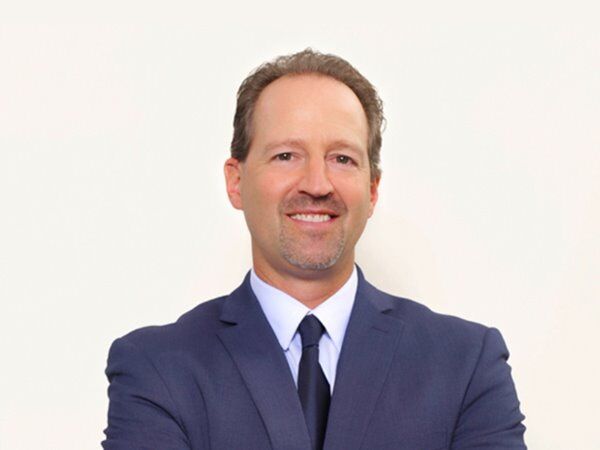Philadelphia public transit gets a hand, still needs a plan
Regional News

Audio By Carbonatix
1:01 PM on Monday, September 8
Christina Lengyel
(The Center Square) - SEPTA has received another lifeline as the fight for a long-term funding solution drags on in Harrisburg.
On Monday Gov. Josh Shapiro asked PennDOT to approve a request for $394 million in future capital funding made Friday by SEPTA General Manager Scott Sauer.
The additional funding comes on the heels of a court ruling last week that found the agency’s service cuts to be discriminatory against marginalized groups and required routes to be restored to the status quo, regardless of what the legislature does.
“As you know, SEPTA is facing a $213 million budget deficit and has been advocating for multiple years for increased funding from the Commonwealth,” wrote Sauer. “As a result of Thursday's decision in the Philadelphia Court of Common Pleas, SEPTA is required to continue to provide a level of service that is unsustainable without further operating funds.”
It’s a situation Shapiro’s administration knows all too well. Last year, Shapiro flexed $153 million in federal highway funds toward SEPTA when lawmakers failed to negotiate a long-term solution, a move Republicans balked at for what they viewed as taking money away from much-needed bridge and road maintenance in rural areas of the state.
Republicans have also argued that SEPTA needs to improve upon issues like cleanliness, safety, and ridership before the state hands over additional funding. The agency says it has taken significant strides in those areas, trimming its shortfall by $27 million through austerity measures.
Transit advocates say that it’s a vital public service regardless of ridership numbers and cannot hinge its stability on fares. This is a lesson cities worldwide learned during the early stages of the COVID-19 pandemic, during which transit was necessary for essential workers to get to their jobs even while ridership plummeted. Philadelphia is one of many cities still sorting out the future of public transit in the wake of the pandemic.
House Democrats incorporated Republican proposals utilizing performance measures into their most recent of five funding bills passed. They also incorporated Shapiro’s plan to dedicate an additional 1.75% of sales tax revenue already received by the state toward funding transit in all 67 counties. The plan would promise to add an additional $292 million to the transportation budget.
The Senate has not taken up any of the House’s proposals but has offered their own using capital funding, which SEPTA and Democrats say would have taken money already allocated for transit infrastructure, equipment and operations. Carroll underscored complaints about the bill, which was dead on arrival, in his response to SEPTA’s own request to take from its future capital funding.
“I want to again emphasize that the one-time use of SEPTA’s capital assistance allocation is not a long-term or sustainable solution to SEPTA’s budget crisis,” wrote Carroll. “A funding solution with predictable and recurring revenue is critical for transit agencies to continue the essential service they provide to their riders. Over half of PA’s transit users for both fixed-route and the shared-ride, curb-to-curb service in every county say they have no other transportation option.”
Currently, about 400,000 riders in the region, including public school students, rely on SEPTA for daily service. Tens of thousands more use the city’s trains and buses to access professional sports games like the Eagles, Phillies, Flyers, and 76ers. Next year, hundreds of thousands of outside visitors are expected for the FIFA World Cup, America250 celebrations, and the MLB All Stars game.






